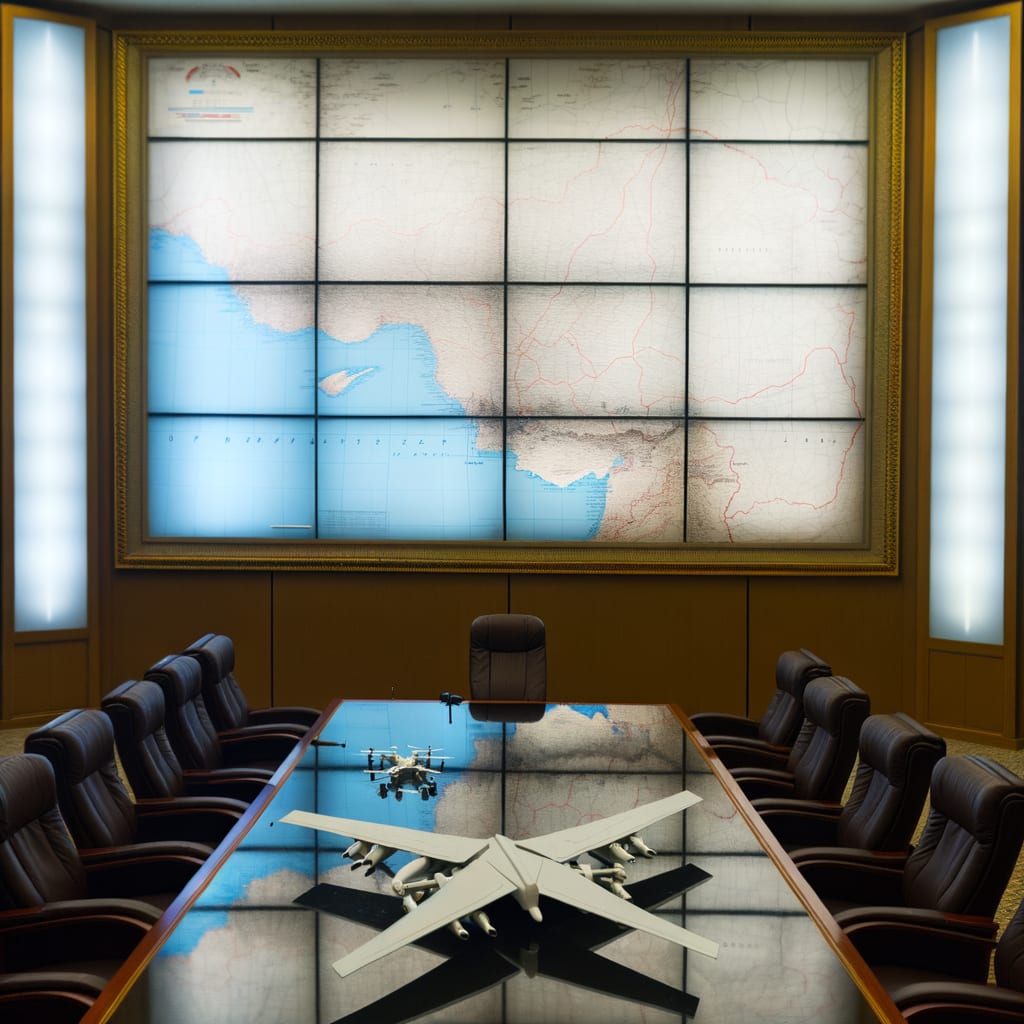Poland Responds to Russian Drone Incursions Amid Rising Tensions
Poland, a NATO member state, is grappling with escalating tensions following at least 19 reported breaches of its airspace by Russian drones. As the Eastern European nation tightens its defenses and calls for NATO consultations, its President, Karol Nawrocki, insists there's 'no need' to send troops to Ukraine while expressing mistrust of Russian intentions.
A Tense Eastern Frontier
Poland's decision to close its border with Belarus, in response to Russian-Belarusian military exercises, has sparked an alert across the region. This move coincides with a perceived threat from Russia, with Poland's nationalist president, Karol Nawrocki, suggesting that Vladimir Putin is ready to invade other countries. Yet, he assured continued support to Kiev in the coming months and years.
The Polish Prime Minister, Donald Tusk, ordered the closure of borders and the deployment of troops following a night of extraordinary events involving numerous Russian drone incursions. This development has led to discussions about the readiness of Poland and NATO for a potential direct confrontation with Russia.
An Unsettling Provocation
The downing of Russian drones was met with varying reactions across Europe. The Czech government was quick to back its NATO ally Poland, while Hungary and Slovakia have either refused to blame Russia or remained silent. Amidst this, the Russian Defense Ministry stated that no facilities in Poland were intended to be hit, and expressed readiness to hold consultations with Poland 'on this matter'.
Russian Senator Vladimir Dzhabarov called the Poland-Belarus border closure an attempt to escalate tensions, warning Poland against any confrontation with Russia. Contrasting narratives have emerged, with some viewing the drone incursion as a deliberate provocation and others considering it a potential accident.
A Call for Diplomacy and Defense
Poland has responded to these events by summoning its 31 NATO military allies to discuss the crisis. Amidst these discussions, Trump’s Special Envoy for Ukraine, retired General Keith Kellogg, is set to visit Poland and Ukraine.
As the situation unfolds, Poland's Interior Ministry has signed an order to close the border with Belarus for both individuals and freight road and rail transport until further notice
. The Kremlin has maintained a low profile on the situation, emphasizing that there were no targets to strike.
Conclusion
The recent developments mark a crucial point in Eastern Europe's geopolitical landscape, with NATO's response to the drone incursion being closely watched by Moscow. As Poland faces its most serious security challenge in decades, the nation's actions and NATO's response may significantly shape the region's future.

